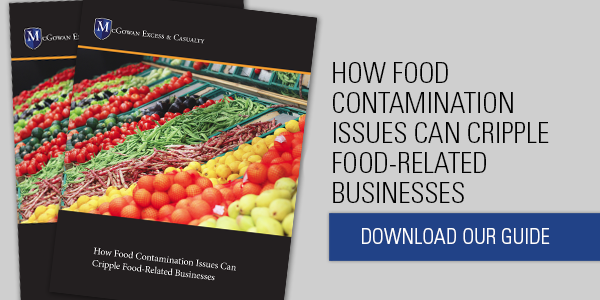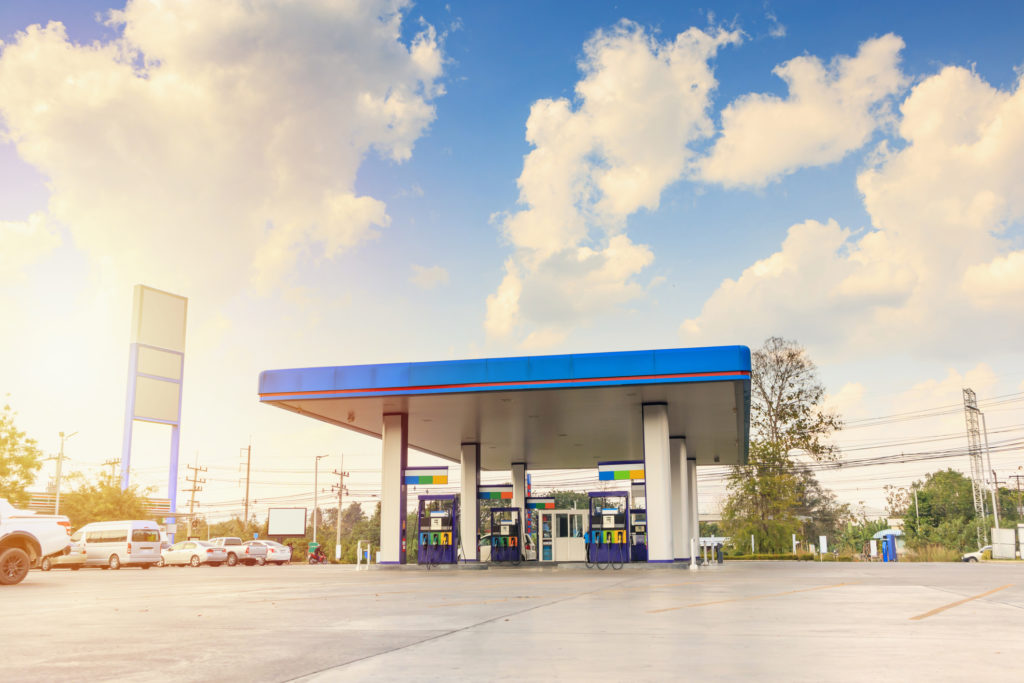Gas stations and convenience stores can become targets for personal injury lawsuits when patrons slip and fall.
In fact, any business that owns or is responsible for maintaining property should take steps to protect itself against ‘slip and fall’ or ‘trip and fall’ lawsuits which, in the right circumstances, can lead to large verdicts.
Multi-million-dollar exposures for slip and fall claims
$1.93 Million Verdict in Leon County, Florida
Recently, jurors in Leon County, Florida, returned a $1.93 million verdict against US Grocers in Tallahassee after a 47-year-old woman was seriously injured when she slipped on a puddle of water that had been allowed to collect around a bucket of beer and ice. After a four-day trial, the jury found the retailer 100% liable for the plaintiff’s injuries. It awarded her monetary compensation for her past and future medical expenses and pain and suffering.
Thornton’s Gas Station in Joliet, Illinois
A similar lawsuit against Thornton’s gas station in Joliet, Illinois, claimed that the retailer negligently failed to maintain the area around its nacho cheese dip, which caused a customer to sustain serious injuries when she slipped and fell. The lawsuit identified five claims of negligence against the gas station.
One claim said there was a failure to follow the company’s policies and procedures that require the performance of regular safety sweeps to ensure that the walkways were clear for patrons. It also said the retailer should have known of the propensity for nacho cheese and other slippery substances that could spill in the walkways.
The lawsuit went on to claim that the gas station failed to clean up the nacho cheese correctly and that this condition caused the plaintiff to fall and sustain injuries.

Exceeding the limits of a general liability insurance policy
Any business that owns or is responsible for the maintenance of its premises can be a target for a ‘slip and fall’ or ‘trip and fall’ lawsuit.
Grocery stores, convenience stores, and gas stations often serve a more significant number of customers, increasing the likelihood of the risks and claims. Also, they usually have more property exposed to risks.
Slips and fall claims are usually included in general liability insurance policies. However, retailers should carefully evaluate the limits of their policy and consider adding excess casualty insurance coverage.
Steps to protect businesses against premises liability lawsuits
Slip and fall claims and trip and fall claims referred to generally as premises liability claims, come about when a person is injured on someone else’s property. While every case is different, some common considerations apply to most premises’ liability claims.
People injured in a ‘slip and fall’ and ‘trip and fall’ incident may be eligible to receive compensation for:
- Past and future medical bills
- Pain and suffering
- Lost wages
- Loss of earning capacity
- Loss of consortium (damage to familial relationships)
Retailers can take some simple steps to protect themselves against personal injury lawsuits.
- Signage: Posting appropriate warning signs,
- Inspections: Owners and employees should be routinely checking the premises to ensure there are not any hazards.
- Camera and Video Surveillance: Using surveillance provides useful evidence in the event a business is named as a defendant in a lawsuit. Be aware of potential pitfalls surrounding how long video surveillance footage is stored.
Umbrella insurance for convenience stores and gas stations
If a business is named as a defendant in a premise’s liability lawsuit, the cost of defending these lawsuits and paying any settlement or verdict them is usually the responsibility of the property owner’s insurance company.
But what happens if the verdict is higher than the limits of your general liability insurance policy?
That’s where an umbrella insurance policy comes into play.
Umbrella policies offer supplemental insurance coverage in claims covered under a general liability insurance policy, such as slip and fall and trip and fall injuries, property damage, and advertising injury cases. They may also cover claims excluded from a general liability insurance policy, such as liquor liability insurance, and injury claims made by employees if your workers’ compensation and general liability insurance coverage are insufficient to cover the loss.
Excess insurance policies do not cover:
- Professional liability/errors and omissions
- Property insurance claims
- Expenses that are covered by an underlying policy
- Employment discrimination lawsuits
Consider an excess insurance policy for extra protection.
Innovative solutions for convenience stores and gas stations
Gas stations and convenience stores need to be covered and ready for anything when a slip and fall injury occurs. McGowan Excess & Casualty provides customized, innovative solutions for a broad range of commercial customers.
Learn more about McGowan Excess & Casualty and our Umbrella & Excess Liability Insurance coverage, and contact us today to speak to one of our qualified brokers about how we can help.


